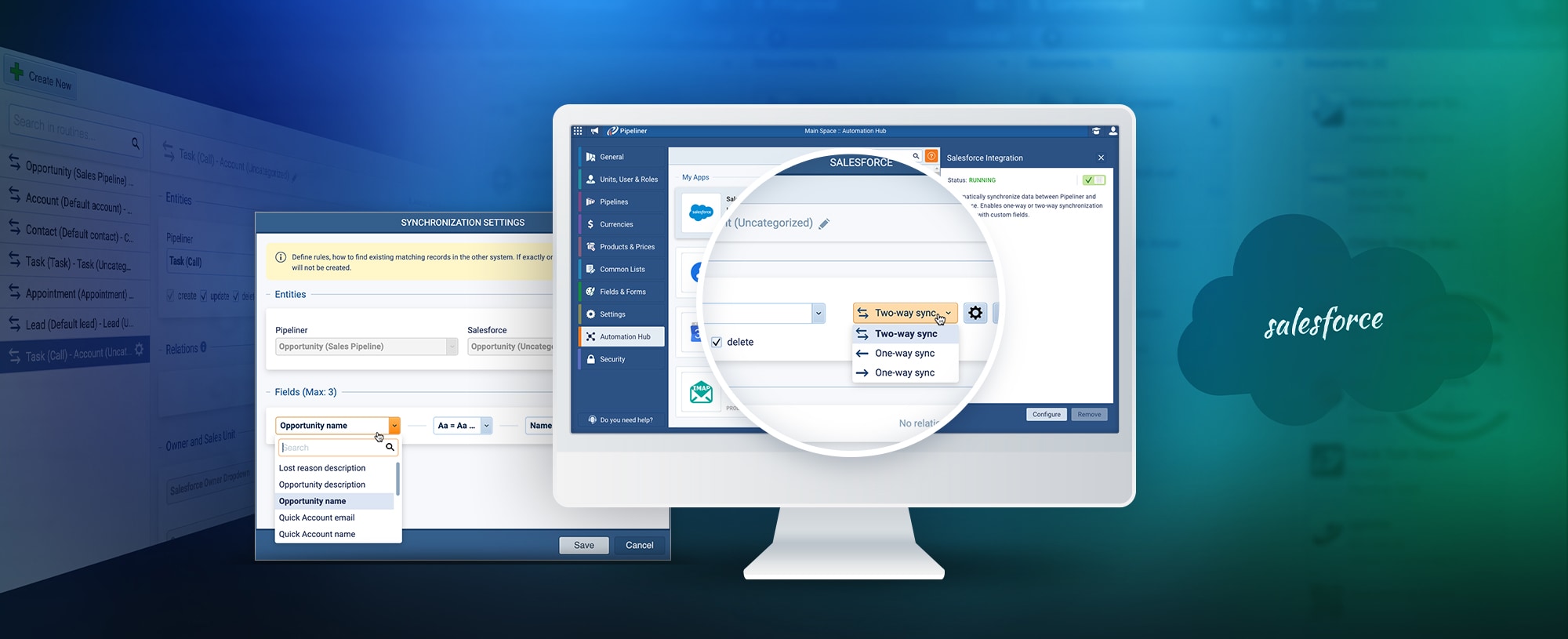We are, today, confronted with life-threatening global challenges. I recently thought of a way to truly put them in perspective for anyone who is having trouble grasping them, and how extensive they really are.
From a Historical View
So that we might gain a perspective on changes of today, let’s take a look back in history.
A revolt that today is referred to as the Peasants Revolt occurred in England in 1381. It was caused by what was perceived as unfair taxes and the treatment of peasants.
There were numerous outcomes from this revolt, but significantly land owners could no longer force peasants to work on their farms for free. This result impacted the landowners, who now had to pay their workers, so they had to borrow money from banks for this purpose.
These costs forced landowners to look for ways in which human labor could be replaced—and thus began the road to the first Industrial Revolution. The invention of the plow replaced many farm workers, reducing the outlay of pay, and the amount of money required to be borrowed and paid back to banks. Goods such as wool could be processed by the machine, such as in the many textile mills that eventually built up in Northern England. Technology was also, in many respects, more efficient than humans—it didn’t make mistakes or get sick.
Comparing to Modern Times
Today, we see a similar socio-economic shift to that of several hundred years ago. In many quarters, automation has replaced human labor for the same reasons as before: cost, human error, frailty due to sickness, and the requirement for time off now enforced by regulation. Automation is rapidly replacing humans for repetitive, labor-intensive tasks—but we now increasingly see technology replacing intelligent jobs as well.
In the 18th century, changes forced into place by the Industrial Revolution caused widespread worry, just as today’s changes are causing feelings of insecurity in the workforce. And as time moves forward and automation exponentially replaces humans in the workplace, it is perceived as a substantial danger.
Knowledge Transfer Then and Now
The rapid spread of information is another distinct contrast between modern and historical times.
In the 18th century, a farmer might have been able to reduce their considerable labor force by utilizing the latest mechanical devices—but that farmer was relatively isolated, as was England on its island. Other countries on other continents wouldn’t hear about these advances for years. Conversely, there might have been inventions in other lands that were far ahead of what that farmer had, but that farmer had no way of hearing about them.
Gunpowder is an excellent example of the slow spread of knowledge at this time. Gunpowder was invented in China and was in use in the 10th century, but didn’t reach Europe until the 14th century.
Thanks to our networked society and the internet, today’s transfer of knowledge is instant, and nearly everything is transparent.
We can certainly observe this knowledge transfer in technology. Some 15 years ago, I predicted in my book The IT Revolution that open source would one day be the leader in tech development. Microsoft disagreed, saying that open source would never succeed. Fast-forward to 2018, and Microsoft totally turned about and purchased GitHub, the world’s largest open-source repository, for $7.5 billion. GitHub now has over 100 million programmers, working seamlessly, 24/7, on components, features, and environments. Transparent knowledge transfer now extends to technological advances.
Growth in Artificial Intelligence
Unbelievable innovations have come about through this lightning-fast transfer of knowledge. In 2015, Elon Musk, Peter Thiel, and several others founded the non-profit research laboratory OpenAI, dedicated to ensuring that AI benefits all of humanity. Since Musk departed the company, Microsoft and other powerful entities have invested some $12 billion into OpenAI. We already see results, such as PolitePOST, with which you type a few sentences, and the remainder of the contentContent Content refers to a material or document released in various forms (such as text, image, audio, and video) and created to inform, engage or influence specific audiences. will be composed for you.
There is fear that people will no longer have to learn when AI performs all tasks for them. They won’t need to read or write, they will only need to talk. Yet we will have to embrace the changes that AI brings.
For our explanatory videos at Pipeliner, we utilize AI tools that weren’t available just a few years ago. At first, it was just text—but now it’s voiceovers and avatars. The viewer would not know that they’re not watching a real person. AI has reduced our time to produce a video by almost 70 percent, and the cost by almost 80 percent.
The Middle Ages landlords found cost-effectiveness and efficiency in the innovations they utilized to replace human labor—and that concept of efficiency has carried forward to modern times. Today we must embrace these advances and make things better for humanity. There is always a way forward, just as England became stronger.
Extensive safety regulations have stemmed from every forward technological stride, from England on down. Elon Musk, in a recent interview, mentioned the air and car industries as having evolved powerful safety regulations and technology. He believes that AI should be regulated in the same manner, so that it isn’t manipulated and abused.
We Need Cooperation in Peace
It is the sheer number of people involved that is the factor pushing forward today’s exponential innovation progress. There’s a great deal of difference between two people participating in an invention and 20,000, which is the case with open source. Technology for everything—face recognition, fingerprints, voice recognition—is rapidly improving. Where there once were a few brilliant individuals working side-by-side in a laboratory, today countless people contribute to iterations from all over the world.
With this cooperative contribution in mind, why can we not understand that we all occupy this single lonely planet, floating out in billions of miles of darkDark Dark is a description for the state wherein a prospect have become unresponsive to calls, invitations, emails and other attempts at engagement (e.g., Mr.Brown has gone dark.), cold space? Why can’t we learn to live with each other in peace instead of engaging in conflict as never before?
At the crux of these conflicts is the problem of employment and education, especially for young men between 15 and 29 in various regions. When they do not have access to good education, well-paying jobs, or any path to prosperity or status within their societies, many end up in trouble and perhaps even prison. This is probably the biggest issue we face today.
If there was an average of one son per family in the United States, they would never agree to send that one son off to war (unless perhaps it was a matter of defending our own shores). But the population is rapidly increasing in other regions, especially in the Middle East and Africa. Families have four or five unemployed sons. According to the War Index created by Professor Gunnar Heinsohn, when an overabundance of young men grow up in a country with few to no places to employ them, they become easy to radicalize, and through that be mobilized.
It’s a tragedy that two European countries, with populations in decline, are in armed conflict. In fact, Europe’s population is in decline, compared with Africa and the Middle East. Instead of solving the problem of a declining population, these two nations are instead engaged in conflict causing the death of many thousands. Because they already have declining populations, the replacement rate for those killed in battle will probably fall from 0.8, where it currently exists, to down around 0.5 – 0.4. The requirement for replacement should be between 1.5 and 2.1 for each person lost. It makes no sense for these countries to be at war.
When overpopulation is combined with unemployment and poverty, there is also a tremendous desire to immigrate to more affluent nations. Where do they wish to relocate? To the West—Europe, the United States, Canada, Australia, and New Zealand. Currently, almost 1 billion people are trying to immigrate to more economically sound countries according to Professor Heinsohn.
What Are the Real Issues?
The Austrian School of Economics tells us that if goods and services are not crossing borders, soldiers will. Put a different way, it is only when trade is not occurring that conflict takes place. This is exactly what is occurring right now.
Today’s major crises in the world are being caused by a relatively small handful of people. The majority of the world population would never approve of them.
We should analyze, as a society, our world economics, and notice that our problems could be solved for the good of everyone, with the technology we have to hand. This is the direction we should be heading instead of thinking that one country can be better than another.
War is a senseless undertaking, given that we’re all sitting in the same boat. In a similar way, one nation can no longer solve an issue such as cleaner water or air while its neighbor is doing the exact opposite. The same is true in economics. We possess the technology to overcome all of our issues if the right people are in leadership.
As we recently witnessed with the TwitterTwitter Twitter is a free-to-join social network with a micro blogging service that allows the sharing of links, images and videos as well as the publishing of short posts called tweets. files, the media must also share responsibility. If the information released through the media was 100 percent true, we would have a very different situation. We cannot hide and suppress facts any longer, with certain individuals believing that people are stupid and can be manipulated.
It is the Austrian School of Economics that inspires my own desire for the future. Austrian economist Ludwig von Mises once said, “We have no hymns. We have no uniforms. We have no flags. We have no weapons. We only have the better ideas, and one day these better ideas will prevail.”
Why are we proceeding this way? Because we have a complete belief and faith in sales—we believe that salespeople are the wealth creators and the peace producers of the world. Everything begins with sales, all the way back to the Stone Age when trade began. Now, as then, sales and trade are the answer to the economic inequalities and turmoil of the world. Finally, as a salesperson myself, I promote trade because it has a peacekeeping component. This is my hope to face these enormous challenges today, coming together—throughout history, wars have never been the answer.
Possessing the powerful knowledge for building businesses, resulting in community empowerment, we are at a crucial crossroads. This means higher income, better healthcare and many more benefits. Only if we bring a provable business concept, and not only to the emerging markets, can we stem the tide of devastating immigration and the ruination of the environment—and therefore survive as a planet.
Given the amazing technology at our fingertips, it is possible to win, creating jobs and providing education. We need to do this, and we should—no we must do this!





